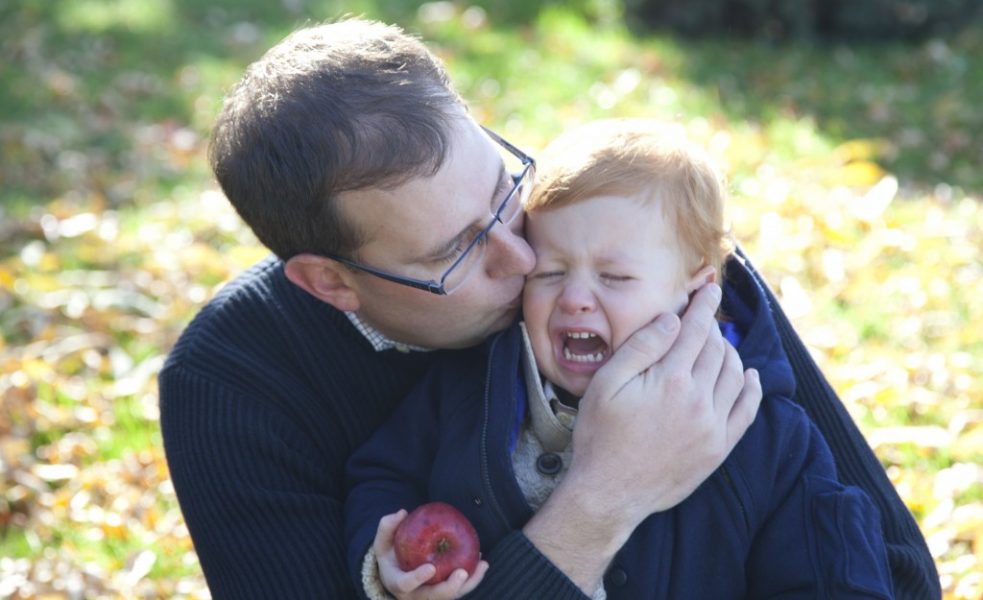Every parent has heard the inevitable, “My tummy hurts,” from their kids. The problem is often not that serious. Meds, lots of water, and rest can relieve the symptoms. However, other times, it merits a visit to the doctor. How do you know which is which? The answer lies on the culprit behind your child’s stomach pain. Knowing what causes the discomfort is the first step toward finding the solution for it. With that, here are common reasons your child is experiencing tummy aches:
1. Constipation
If your kid has not pooped for two to three days already, he may be constipated. There are a lot of factors causing this, from not having enough fiber-rich food or fluids in meals to ignoring the urge to go because they are playing or at school. Note, though, that even though your kid is having regular bowel movements, he may still be constipated. He may be complaining about stools that are too hard and difficult to expel. You may also notice that there is blood in the stool and residue in your kid’s underwear. This should signal a visit to the doctor, along with symptoms such as a fever, weight loss, vomiting, and tears in the anal area. Prevent constipation by introducing your child to a fiber-rich diet and encouraging him to drink enough water. It also helps to establish a toilet routine, letting children poop after meals.
2. Gastroesophageal Reflux
 Not only adults get reflux. It is common for babies to spit up after meals. Older children, on the other hand, feel a burning sensation in their abdomen, and they will often vomit and experience an unpleasant taste in the mouth. What happens here is that the acidic contents of the stomach go back up into the mouth, as the muscle that closes the esophagus won’t shut off properly. According to practitioners providing pediatric services in Salem, children who are obese are more at risk of reflux since the health problem alters the way esophageal muscles work. This means that to curb reflux, you have to curb obesity. Encourage healthy eating and active lifestyles. Try to limit eating certain kinds of food, such as those that are spicy or fatty, as these can trigger reflux. Rather than three big meals a day, give them small portions of meals throughout. Take your child to the doctor if you still see symptoms after his lifestyle changes.
Not only adults get reflux. It is common for babies to spit up after meals. Older children, on the other hand, feel a burning sensation in their abdomen, and they will often vomit and experience an unpleasant taste in the mouth. What happens here is that the acidic contents of the stomach go back up into the mouth, as the muscle that closes the esophagus won’t shut off properly. According to practitioners providing pediatric services in Salem, children who are obese are more at risk of reflux since the health problem alters the way esophageal muscles work. This means that to curb reflux, you have to curb obesity. Encourage healthy eating and active lifestyles. Try to limit eating certain kinds of food, such as those that are spicy or fatty, as these can trigger reflux. Rather than three big meals a day, give them small portions of meals throughout. Take your child to the doctor if you still see symptoms after his lifestyle changes.
3. Ulcers
Along with the stomachache, children also experience bloating, nausea, and a lack of appetite. What causes this problem is the bacteria called H. pylori, which can come from food or water consumed. In some instances, children who frequently use pain relievers to treat sports-related injuries also get ulcers because of the medications. Visit a doctor, so she can perform stool tests or endoscopy and confirm if it is ulcers. She will prescribe acid-blocking medications and antibiotics if ever your child indeed has the problem.
Stomach pain is a common health problem children complain about. The first step toward helping them find relief is to know what exactly causes the discomfort. Consult your pediatrician to know for sure.



